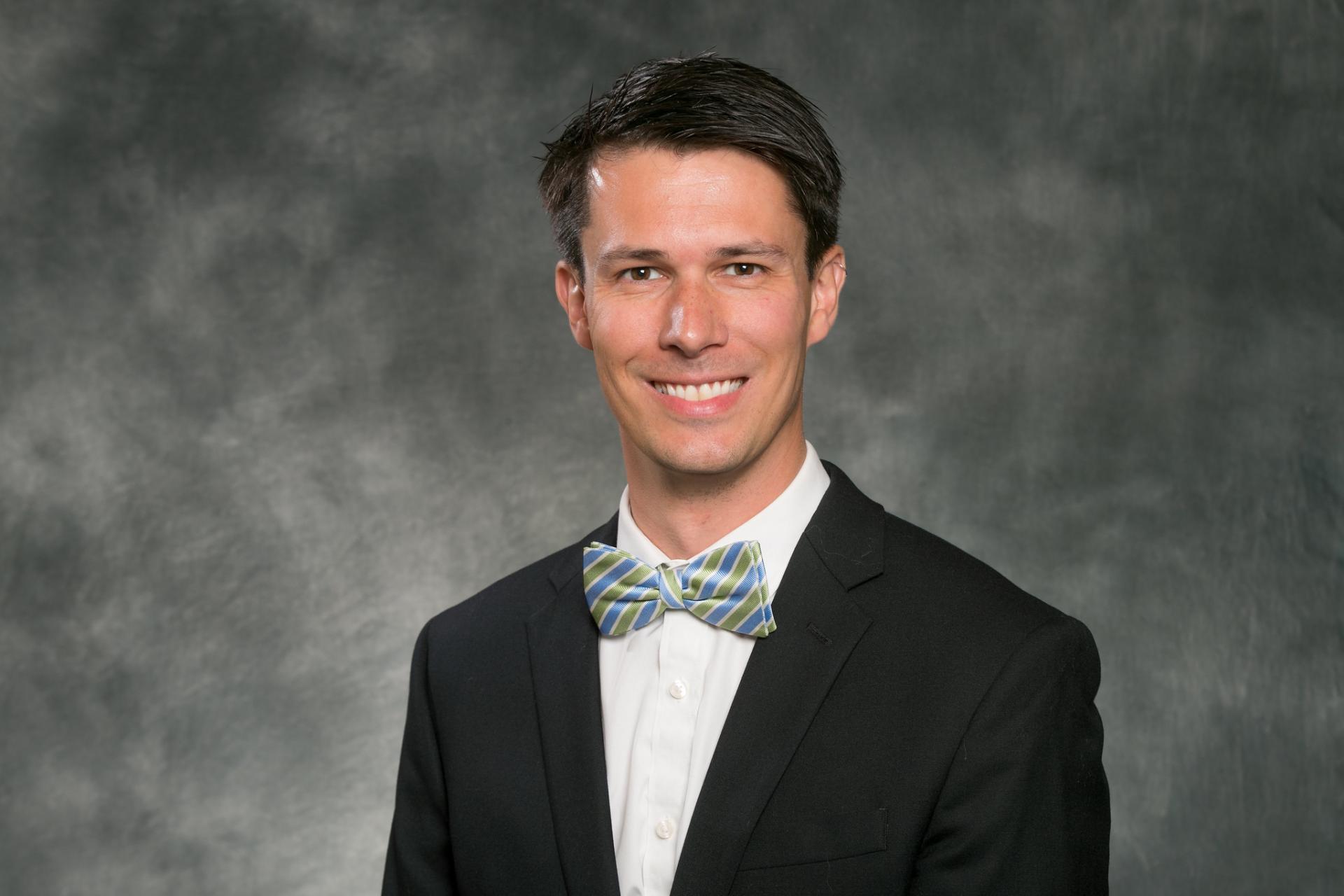North Central News
Professor Receives Prestigious Research Grant from National Institutes of Health
Oct 08, 2024
North Central College faculty member Dr. Michael T. Stefanik, associate professor of psychology and neuroscience in the College of Arts and Sciences, has received a $632,000 grant from the National Institutes of Health (NIH) to support his work examining novel treatments for prescription opioid craving and relapse. With the receipt of this NIH R16 Support for Research Excellence (SuRE) award, North Central becomes one of just a few liberal arts schools in the U.S. to ever receive this research grant.
The project—entitled “Cellular and circuit adaptations contributing to the incubation of oxycodone craving”—aims to study pathological changes that take place in the brain’s reward system contributing to the time-dependent intensification of prescription opioid craving. Stefanik’s lab has identified and will further investigate a unique mechanism by which FDA-approved drugs like ketamine work so that they can be repurposed as anti-relapse medications.
“When we decided to apply for the grant, we knew we’d be competing for funding against much larger research institutions,” said Stefanik. “A grant like this really helps put our neuroscience program on the map. I’m grateful to the NIH for recognizing our ability to do cutting-edge research here at North Central College, and to do it in a way that is centered on our undergraduate students.”
In addition to funding Stefanik’s research equipment and supplies over the next four years, each year the grant will provide two to three North Central College undergraduate students with support for paid summer research positions, travel to national conferences, and other professional development opportunities.
“The science is important, but equally important is the opportunity for our students to get involved in nationally recognized research that will have real-world applications and outcomes,” said Dr. Stefanik. “Most of the institutions we’re competing against have full-time teams of masters, Ph.D., or post-doctoral trainees conducting their studies. At North Central, we’re doing the same caliber of highly competitive research in a 100 percent undergraduate environment. We are working around intensive class schedules, athletic events, and other challenges these bigger labs simply don’t face.”
Some of the questions they’ll consider and explore include: “How do neural activity patterns in the brain change following prolonged oxycodone use?” and “How do drugs like ketamine produce long-lasting reductions in drug craving?” The students will have opportunities to publish their findings in peer-reviewed journals and present at national conferences.
“Our ability to provide this type of high-level federally-funded research support for undergraduate students really sets us apart,” said Stefanik. “It speaks to the institutional commitment to foster the growth of our students beyond the classroom, and really highlights the quality of their research capabilities. I’d encourage current and prospective STEM majors to investigate and take advantage of these unique opportunities we have here at North Central that can really help them stand out.”

